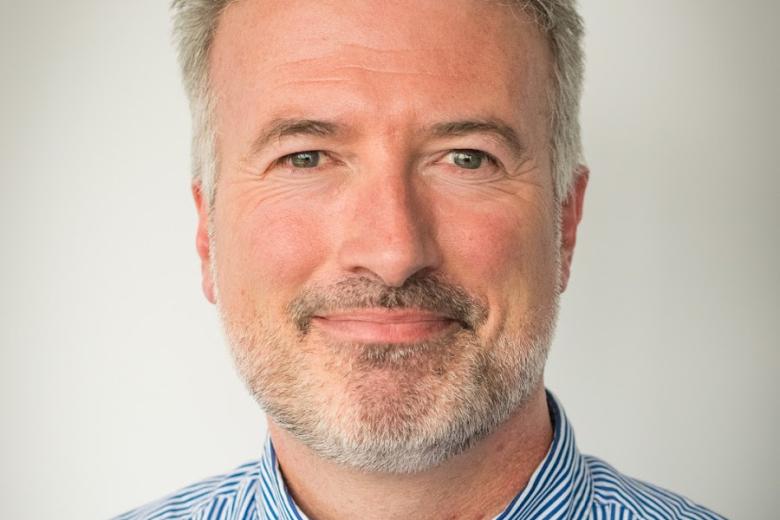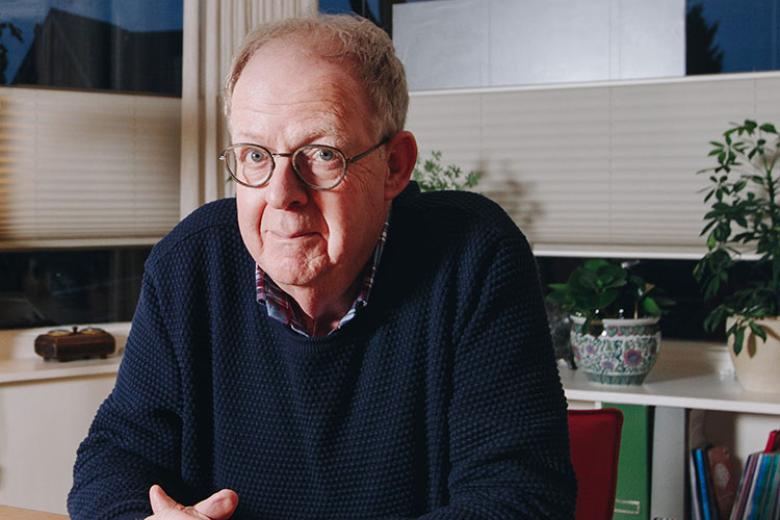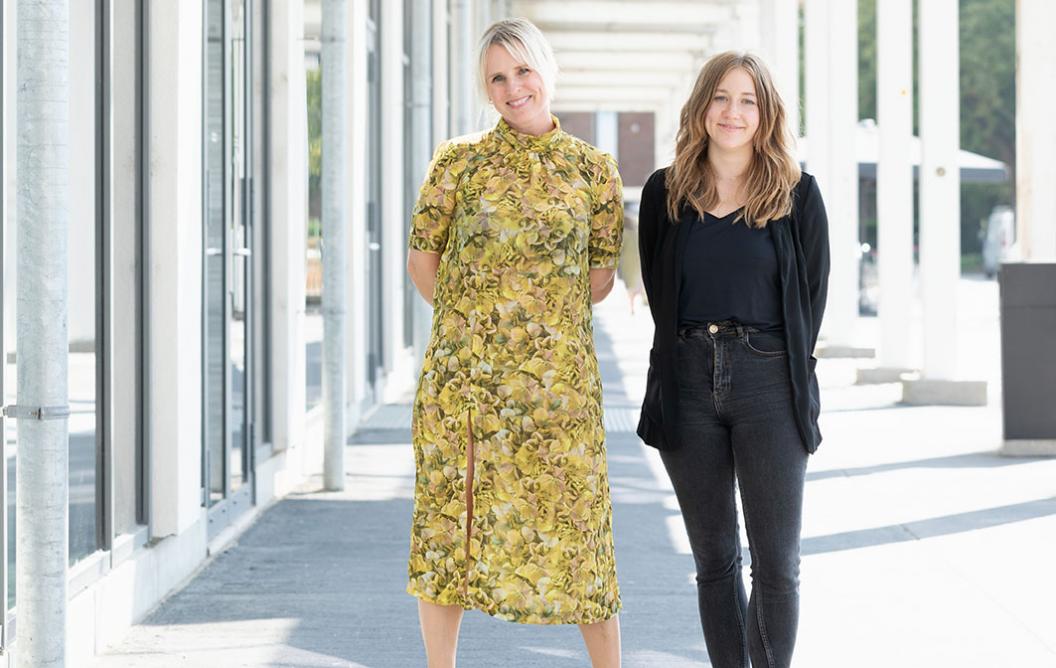The paradox of pain avoidance
Ann Meulders, associate professor of Experimental Health Psychology, is working on a Vidi project focusing on pain avoidance, a proven predictor of chronic pain. As her PhD candidate Eveliina Glogan demonstrates in her dissertation, an important mechanism behind the generalisation of pain avoidance is uncertainty about future pain. The Vidi project is all about collaboration. “We become better scientists not through competition, but by sharing ideas and helping one another,” Meulders says.
Pain is an alarm signal that warns of possible damage to the body. It is our brain that processes this signal and sounds the alarm. This means the experience of pain is not just a reflexive response, but is influenced by top-down factors. Hence the importance of psychology—perhaps all the more so in the case of chronic pain. Chronic pain is of a different order than acute pain, Ann Meulders explains. “The pain is real, but often no anatomical cause can be identified.” Her research team focuses on a psychological mechanism as a cause of chronic pain: pain avoidance stemming from fear of pain. “Biomedical models are poor at predicting who will develop chronic pain. A psychological factor like pain avoidance is demonstrably better at this.”
“Pain avoidance is first and foremost good, as it can aid the healing process,” adds Eveliina Glogan. “But you can take this behaviour too far and start avoiding safe activities too.” This can go from bad to worse, from fear of exacerbating an injury to fear of ending up in a wheelchair. “This is the paradox of pain avoidance,” Meulders says. “You don’t really know whether avoidance was necessary. Instead you stay afraid or become even more afraid, which in turn weakens the body.” More than three million people in the Netherlands suffer from chronic pain.
Generalisation of pain avoidance
Glogan’s PhD research zooms in on the question of how pain-avoiding behaviour spreads to safe activities. What are the underlying mechanisms of generalisation? “For example, if you hurt your back doing a yoga move, you may start avoiding yoga entirely, or even all sports.” Her experiments show that generalisation is typically triggered by uncertainty about future pain. “Which makes sense. If you don’t really know which movement increases the pain and which doesn’t, you’re going to avoid everything.”
“What is new in Eveliina’s research is that it’s not fear alone that predicts avoidance, as is often assumed. Because even if you’re afraid, you can still confront pain,” Meulders says. “The predictive power lies in the avoidance behaviour. People are willing to pay a price in the form of job loss, reduced social contacts, less enjoyment of life. Pain-free people value these aspects of everyday life more than they value pain avoidance. In people with chronic pain, this balance is out of whack. Their number one goal is to control pain at all costs.”
When it comes to treatment, Glogan’s study highlights the importance of people with chronic pain understanding early on which activities are safe and which are not. “You get people with chronic pain to face their fears. You want them to realise that as long as they don’t avoid the things they fear, that fear will not lead to chronic pain and limitations in their everyday life.” The results of her research were recently published in the Journal of Pain.
Cooperation, not competition
Both laud their collaboration. Glogan: “Ann is very engaged and gives thorough feedback. We’re in regular contact, also outside of work.” For Meulders, collaboration is a key pillar of her Vidi project. “It’s crucial that we as researchers form a team and work together. I want to emphasise that here, because recently the NWO director again compared science to top sport, where only the best win. That’s a sad comparison. We become better scientists not through competition, but by sharing ideas and helping one another.”

Eveliina Glogan studied Psychology at the University of Glasgow and Cognitive Neuroscience at Maastricht University. She hopes to defend her PhD in late 2021. Her research focuses on the contribution of pain avoidance behaviour and its generalisation to the development and maintenance of chronic pain.
Also read
-
Empowering Smallholder Farmers in the Data Economy: Unlocking Opportunities and Overcoming Obstacles
Frederik Claasen, the head of policy at our partner organisation Solidaridad Network on the opportunities and obstacles facing smallholder farmers in their data ecosystems.

-
The last 'nerve doctor' in the Netherlands
Frans Verhey, professor of Geriatric Psychiatry and Neuropsychiatry is proud of what the Limburg Alzheimer’s Centre has achieved and of its team, which works tirelessly to improve the quality of life of people with Alzheimer’s. “Alzheimer’s tends to be seen as a horrible, deadly brain disease that...

-
The scientist, the chef and her passions
Anne Roefs was awarded a Vici grant of €1.5 million. The professor of Psychology and Neuroscience of Abnormal Eating, was tossing up between a career as a scientist or a top chef.

